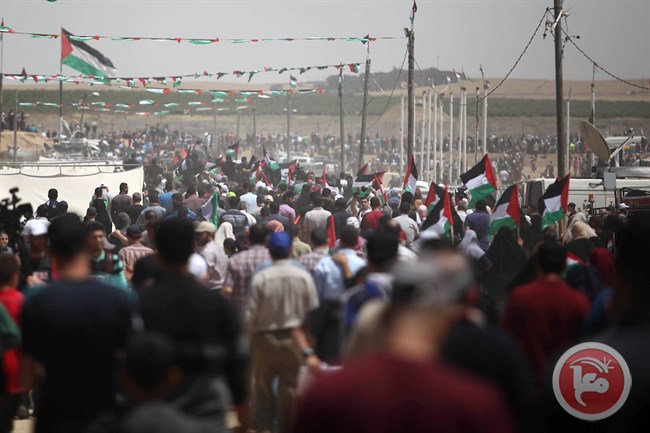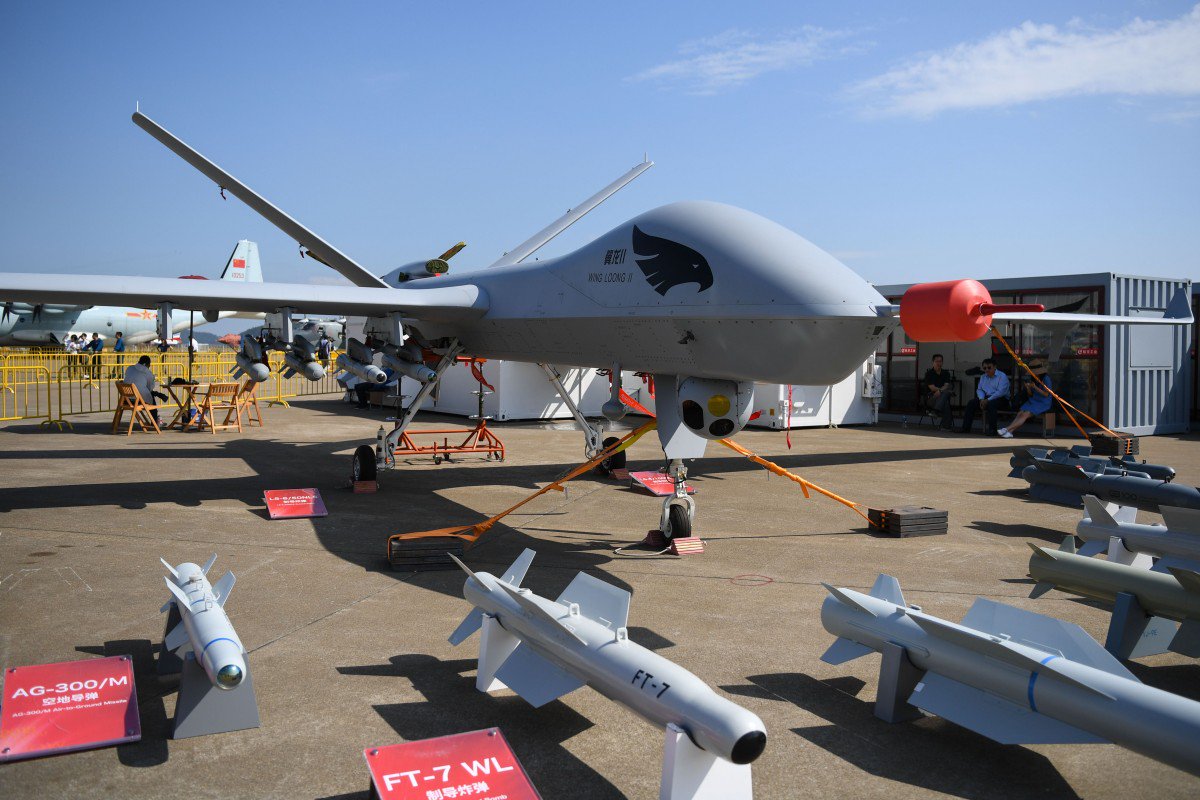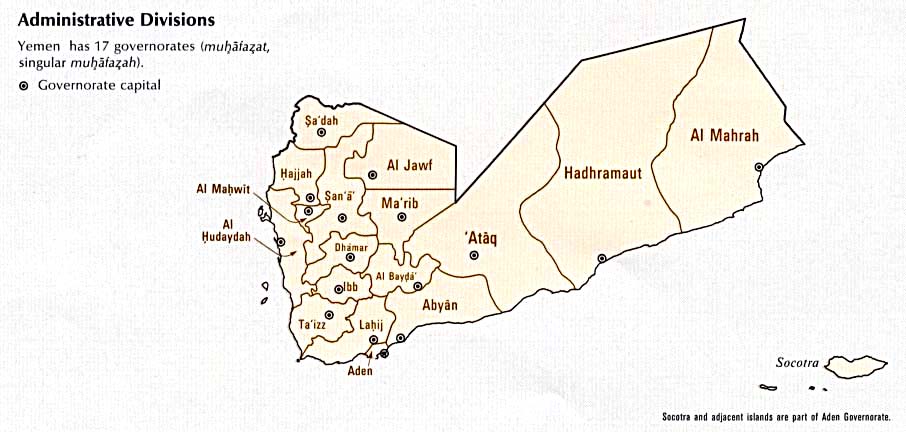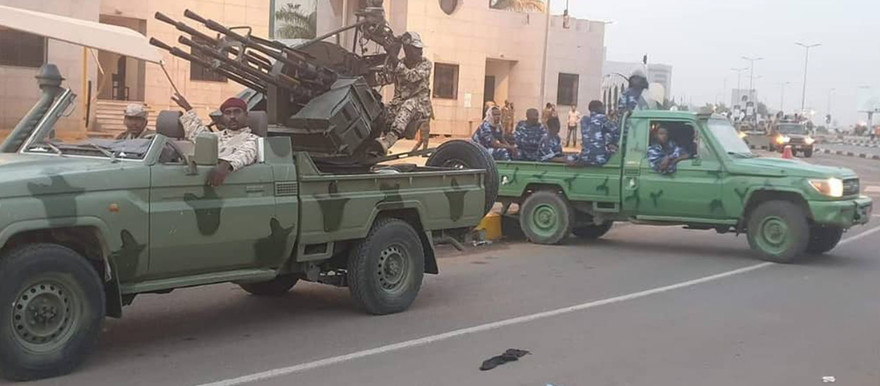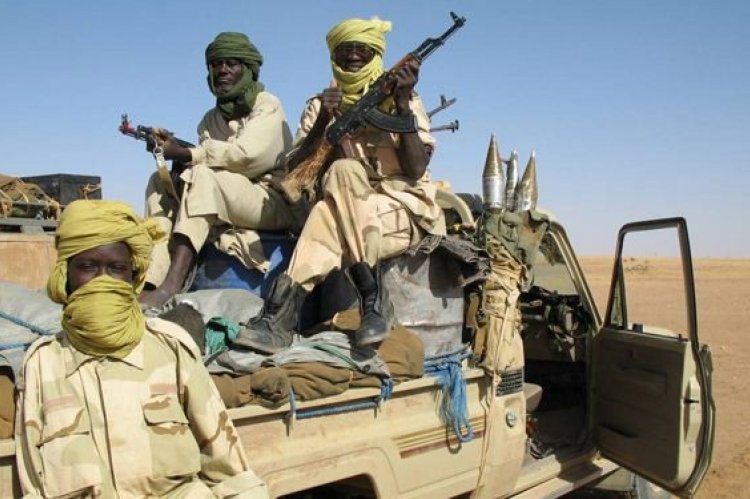
Internationalization of Libya war
A senior UN official charged at a press conference in Munich that numerous countries are violating the Libya arms embargo and must be held accountable. UN Deputy Special Representative to Libya Stephanie Williams said that “the arms embargo has become a joke.” The Libyan National Army (LNA), led by Khalifa Haftar, has been fighting with the internationally recognized Government of National Accord (GNA) for control of Tripoli since April of last year. Russia, Egypt and the UAE are supporting the LNA, while Turkey supports the GNA. Foreign powers are violating the arms embargo “by land, sea and air,” Williams said. A UN report also accuses Haftar of bringing in Sudanese rebels from Darfur to fight for the LNA, while Turkey is accused of importing Syrian rebels to fight for the GNA. (Photo: Libya Observer)



